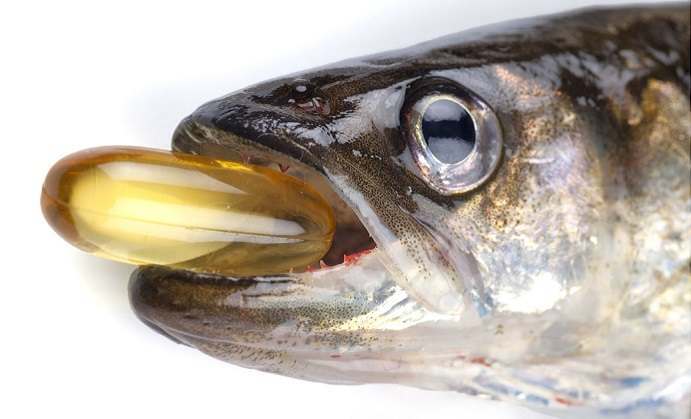One of the compounds that cell membranes need for growth is omega-3 fatty acids. Lacking sufficient omega-3 fatty acids in the body could compromise the integrity of your cells and hence compromise your general health. The body does not produce omega-3 fatty acids, and as a result, they should be obtained from your diet. Seafood, like tuna and salmon, contain omega-3 fatty acids in large amounts. Some fruits and seeds, like nuts and soybeans, also contain omega-3 fatty acids, though in small amounts. There are three types of omega-3 fatty acids which include eicosapentaenoic acid, docosahexaenoic acid, and alpha-linolenic acid. If one has a deficiency in omega-3 fatty acids, the following symptoms are most likely going to manifest.
Mental Health
 Brain and nerve cells need sufficient nutrients for growth. One of the nutrients that is highly needed is omega-3 fatty acids. When one has a deficiency of this fatty acid, depression, anxiety and bipolar disorders are most likely going to manifest. Because of poor brain health, memory loss and impaired cognitive function are other likely symptoms that are going to be experienced. Postnatal depression is also associated with omega 3 fatty acid deficiency. For school-going children, a deficiency of omega-3 can affect concentration, compromising their academic performance.
Brain and nerve cells need sufficient nutrients for growth. One of the nutrients that is highly needed is omega-3 fatty acids. When one has a deficiency of this fatty acid, depression, anxiety and bipolar disorders are most likely going to manifest. Because of poor brain health, memory loss and impaired cognitive function are other likely symptoms that are going to be experienced. Postnatal depression is also associated with omega 3 fatty acid deficiency. For school-going children, a deficiency of omega-3 can affect concentration, compromising their academic performance.
Effects on Skin and General Appearance
When cells are not healthy, all parts of the body are going to be compromised. The skin, in cases of omega-3 fatty acid deficiency, tends to be dry, itchy and easily wrinkled and cracked. Sometimes oily patches could occur giving the skin a bad appearance. The fingertips and nails could crack or get peeled. The scalp could become full of dandruff and hair could become dry and break easily. Sometimes hair loss will occur.
How Omega-3 Fatty Acids are Utilized By The Body
 Eicosapentaenoic acid (EPH) and Docosahexaenoic acid (DHA) are mainly found in seafood. These are the only two types of Omega-3 fatty acids that the body is able to incorporate in cells to build powerful cell membrane structures. The third type of Omega 3 fatty acids, which is alpha-linolenic acid, is normally found in plant products like soybeans, nuts and flaxseeds. The body will convert alpha-linolenic acid into EPH and DHA so that the body can use it. But the conversion rate is too slow which is why it is advised to eat seafood to obtain readily usable omega-3 fatty acids.
Eicosapentaenoic acid (EPH) and Docosahexaenoic acid (DHA) are mainly found in seafood. These are the only two types of Omega-3 fatty acids that the body is able to incorporate in cells to build powerful cell membrane structures. The third type of Omega 3 fatty acids, which is alpha-linolenic acid, is normally found in plant products like soybeans, nuts and flaxseeds. The body will convert alpha-linolenic acid into EPH and DHA so that the body can use it. But the conversion rate is too slow which is why it is advised to eat seafood to obtain readily usable omega-3 fatty acids.
Many foods rich in vegetable oils provide omega-6 fatty acids in large amounts. If the ratio between omega-6 fatty acids and omega-3 fatty acids is high, heart disease and inflammatory disorders are most likely going to occur. Omega-3 fatty acids are very healthy and so it is very important to make sure your diet contains foods that contain these fatty acids.
Do you want to find an effective Omega-3 supplement? Check out our top rated Omega-3 products











